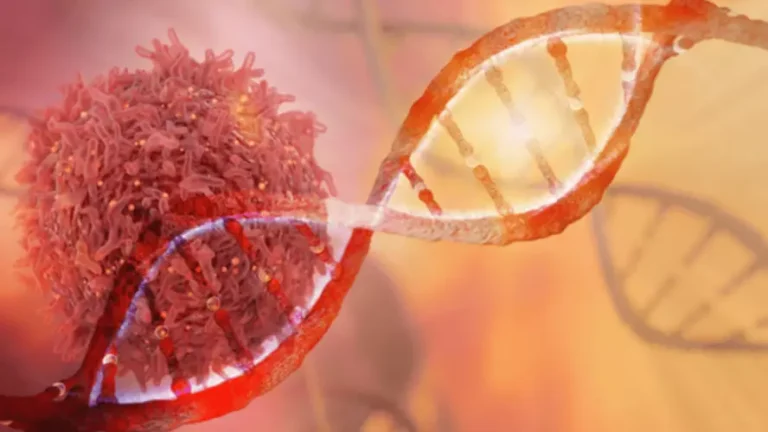
Some people experience these visual disturbances only once after using hallucinogenic drugs. For others, the disturbances may occur frequently but not be very bothersome. It must be emphasized that individuals without HPPD will sometimes notice visual abnormalities. Likewise, bright lights in an otherwise dark environment may generate trails and halos. Most people don’t notice these effects, because they are so used to them.
Hallucinogen Persisting Perception Disorder Treatment
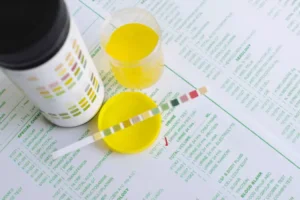
Amelioration following long-term administration of SSRIs was attributed to the down-regulation of 5-HT2 receptors, providing more evidence to corroborate the serotonergic mechanisms underlying this condition. Norepinephrine reuptake inhibitors (NRIs) such as Reboxetine have been tried with some success in LSD-induced HPPD symptoms comorbid with Major Depressive Disorder 20. Agomelatine, given its peculiar function on neurotrophic factors 74, could have some benefits on the syndrome, although no data are available until now. Some people using hallucinogenic drugs can re-experience the effects of the drug days, weeks, or even years after they used it.
More on Mental Health
Following episodes, loved ones can help simply by being willing to listen. Talking about the experiences can help a person with HPPD process their own feelings and may reduce anxiety and stress about having the condition. When the hppd person with HPPD experiences a flashback, loved ones can help them feel safe and remind them that symptoms are temporary. They can also ensure that the HPPD vision symptoms don’t put the person’s safety at risk.
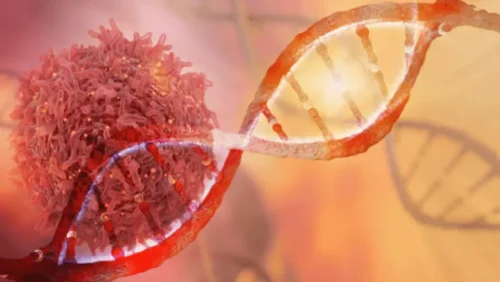
Hallucinogen persisting perception disorder: A literature review and three case reports
In one study, haloperidol was noted to reduce hallucinations, but an exacerbation of flashbacks in the early phases of treatment was highlighted as well 1,69. If these visual disturbances occur frequently, you may have a condition called hallucinogen persisting perception disorder (HPPD). Lamotrigine is a widely used antiepileptic and mood-stabilizing drug which acts by blocking sodium and voltage-gated calcium channels and inhibiting glutamate-mediated excitatory neurotransmission. Additionally, there are data supporting a neuroprotective effect Halonen et al. 2001.
- Reaching an HPPD diagnosis may be easier if your doctor is familiar with the condition and your past drug use.
- Focal epilepsy, a condition that affects the nervous system, causing seizures on one half of your brain that lead to hallucinations, flashing bright lights, or other visual changes.
- The use of second-generation antipsychotics in HPPD patients without comorbid psychotic disorders is debated.
- But more commonly, episodes of both types cause feelings of distress and anxiety.
- The psychedelic trip is likely caused by the way psychotropic compounds bind with 5-HT2A serotonin receptors.
Other Symptoms
Chemically synthesized hallucinogens include ketamine, PCP (phencyclidine or angel dust), dizocilpine, LSD (lysergic acid diethylamide), and MDMA (also known as ecstasy or Molly). Since disturbing hallucinations may also be caused by other disorders, such as neurodegenerative disease, brain lesions, seizure disorders, and others, these causes should be ruled out before a person is diagnosed with HPPD. A 2021 review of HPPD suggests certain medications may help treat HPPD, but those studies are limited. Antiseizure and epilepsy medications like clonazepam (Klonopin) and lamotrigine (Lamictal) are sometimes prescribed.
The Experience Blog
Although researchers don’t know why some people get HPPD and others don’t, they know HPPD happens because you’ve used hallucinogenic drugs in the past. According to studies, the amount of a substance you took doesn’t seem to make a difference in your risk of getting HPPD. A dosage of 0.75 mg/die of Clonidine has been evaluated as a treatment option for nine HPPD patients 51,59 (Table 4).
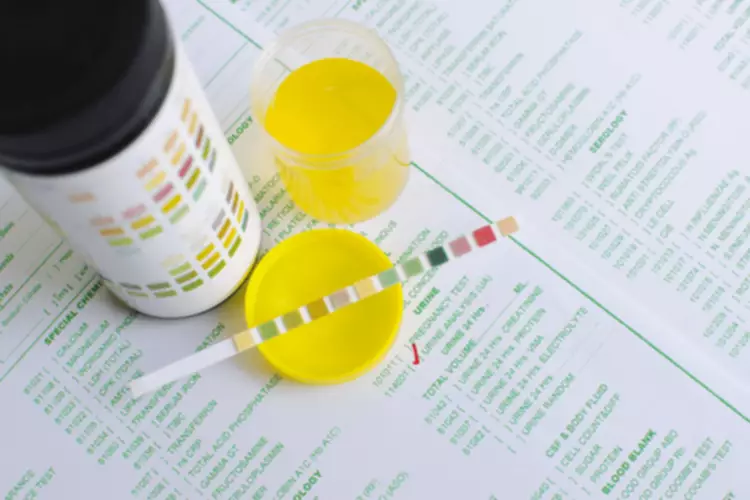
4. Mental Illnesses Comorbid with HPPD
- Because the condition affects only a small number of people, there’s much we don’t understand about HPPD.
- However, the clinical relevance of the long-term psychological sequelae which include so-called flashbacks remains unclear Hermle et al. 1992; Hermle et al. 2008.
- Episodes of type 1 HPPD don’t come back as often as type 2 episodes typically do.
- Read on to learn more about this phenomenon, why it happens, and how a person might experience it.
- Alprazolam (0.25–0.75 mg/day) has been prescribed with some success and Clonazepam (0.5–1.5 mg/day) appears to be the most reliable and effective benzodiazepine even at low doses 17,18,51,67.
- However, the patient noticed a reduction in her anxiety and phobias that was also reflected in her psychological test scores.
In some cases, the condition becomes chronic, while in other instances, people can suppress the feelings and function normally. If you’ve used hallucinogenic drugs, you should let your doctor know. It’s important to understand that your doctor’s primary concern will be helping you address and treat your symptoms. It’s unclear how many people experience this condition because people with a history of recreational drug use may not feel comfortable admitting this to their doctor. Additional research suggests that people with previous traumatic experiences may be more affected by HPPD.
Hallucinogen-persisting perception disorder
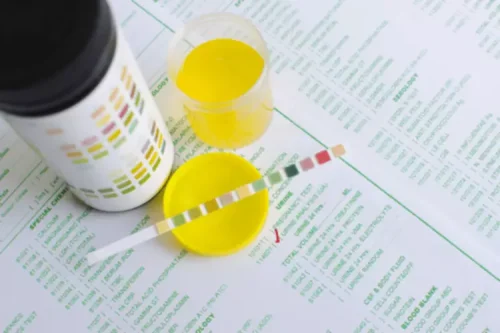
It is usually apparent to a person experiencing HPPD that they are not alcohol rehab seeing things in the way they used to. The psychedelic trip is likely caused by the way psychotropic compounds bind with 5-HT2A serotonin receptors. However, more research is needed to understand exactly how hallucinogens work. A therapist or psychologist can help you learn how to respond to stressors when they occur.
